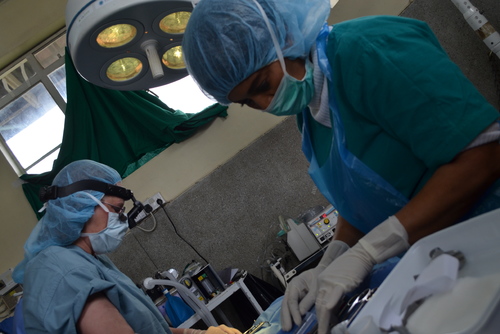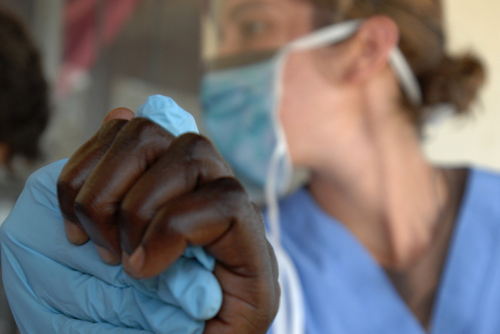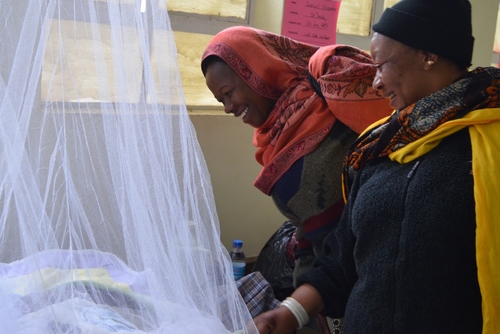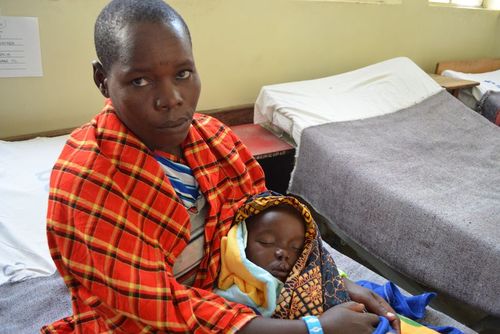Volunteers with professional credentials, or those currently enrolled in medical/nursing school are welcome at a district hospital in Arusha.
The number of patients can vary from day to day and the hospital has several clinical departments witch include internal medicine, surgical, obstetrics and gynecology, pediatrics, ophthalmology, dentistry, radiology, pathology, mental health, anesthesia, physiotherapy and pharmacy. Since many health centers lack modern facilities, or have broken equipment and a shortage of staff, the placements are very challenging. However volunteers will have a physician that they can shadow and work with. Volunteers need to bring their own medical equipment, gloves, lab coat, medical scrubs and appropriate shoes.
The type of hands on work you will be allocated will depend to an extent of your own abilities and capabilities, which is understandable given that you will be dealing with the health and safety of patients. You will be involved in aspects of the day-to-day running of the hospitals, observing or directly assisting, where possible. You can help out in simple but practical ways, vastly increasing your own knowledge and understanding of medical practice.
We do recommend you learn a few words and phrases of Swahili, which will be very helpful when dealing with the locals.
Start Dates
Year round, weekend arrivals
Costs / Benefits
Inclusions
Program starts and ends in Arusha (JRO airport)
Airport meet and greet. Afternoon city tour and orientation
Monday to Friday volunteering. 30-40 hours per week
Weekends free to sightseeing
Typical shift work hours are 8am-12pm and 2pm-6pm
Support: Local ABV Director support 24/7 during placement
Departure: ABV Staff Escorted Airport Transfer
Accommodation: Volunteer House
Meals: Breakfast and dinner daily
Not included:
Flights to Tanzania. Entry Visa. Departure taxes. Vaccinations. Local Transportation. Travel & Health Insurance. Laundry and Internet. Sightseeing.
Requirements
During the Program, you should be:
PROACTIVE Jump in and maintain a positive attitude.
PATIENT Life in your host country moves slower than one might be used to. Relax and enjoy the slow pace. Remember, not everything is as organized and predictable as life in the US or UK.
FLEXIBLE Plans change, roads get flooded, and electricity goes out. Realize that not everything goes as planned, but good intention is always there.
CONSIDERATE Respect those around you and be a reliable worker at the program site. Tell your host family if you will be late. Advise the Project Coordinator if you are sick and can not work.
RESPECTFUL Remember that the local people you are working with, side by side, do so with little or no salary. They do this work because they believe in it. There are times when you may not agree with or understand the organizations decisions or direction. Although your suggestions are always welcome, your faith, respect and consideration for their long term work and commitment is appreciated.
FRIENDLY In order to truly help someone you must get to know them. Do not be afraid to make friends with the local people. Smile, wave and see how fast you are welcomed into the community.
TOLERANT The food, the culture, the smells and the sounds will be unfamiliar to you at first. We recommend that you dive in and experience life head-on. You will be surprised at how quickly you will adapt.





